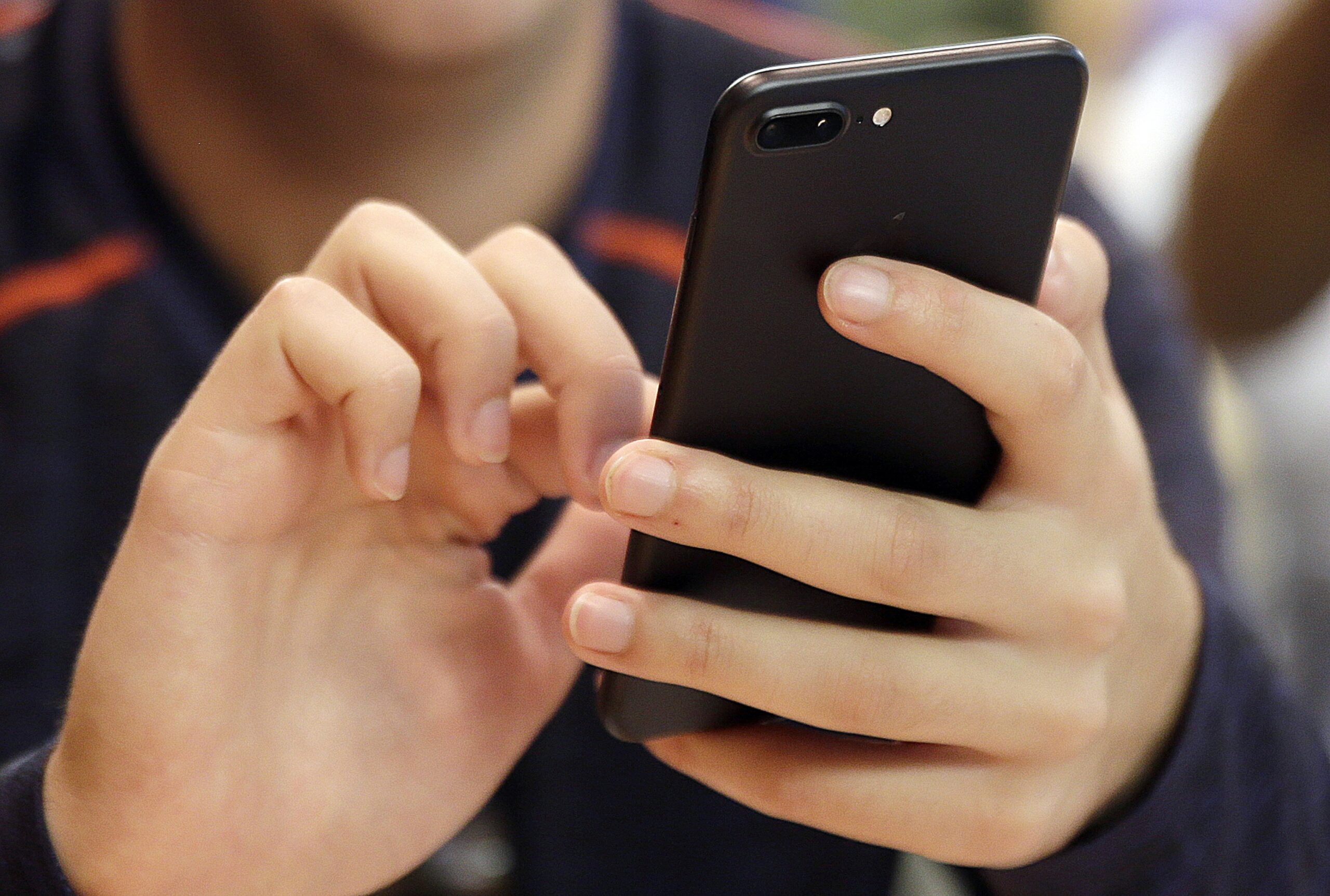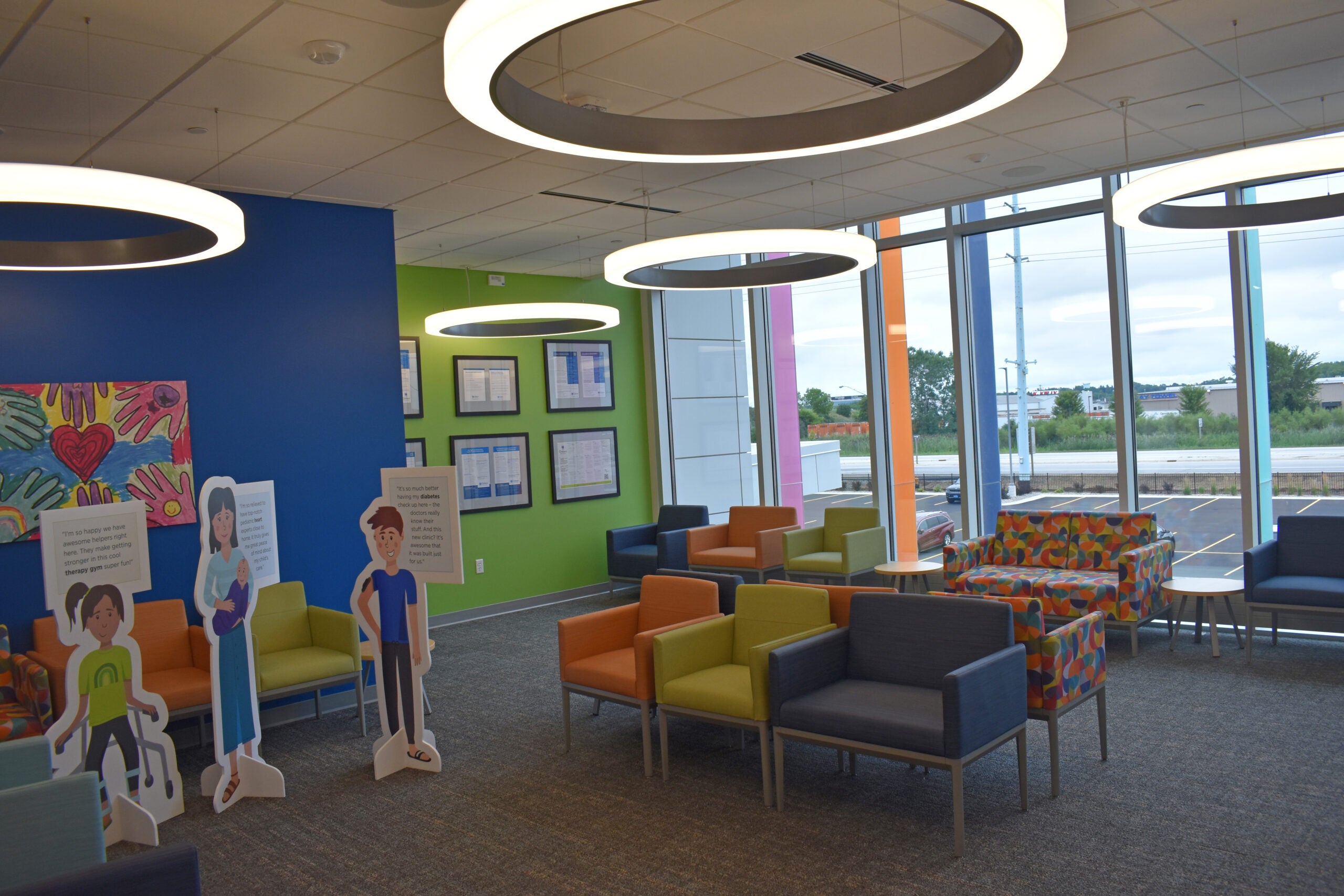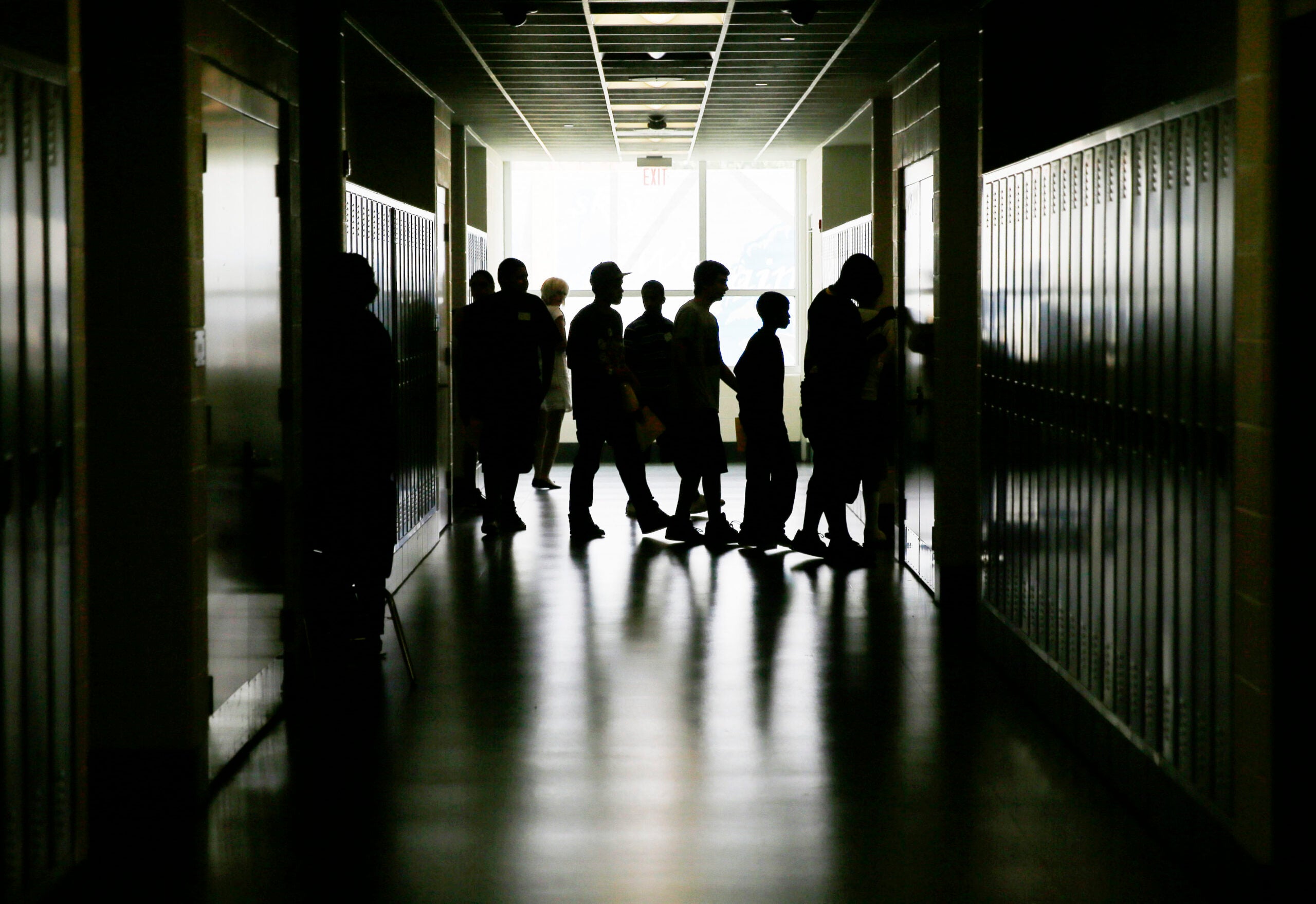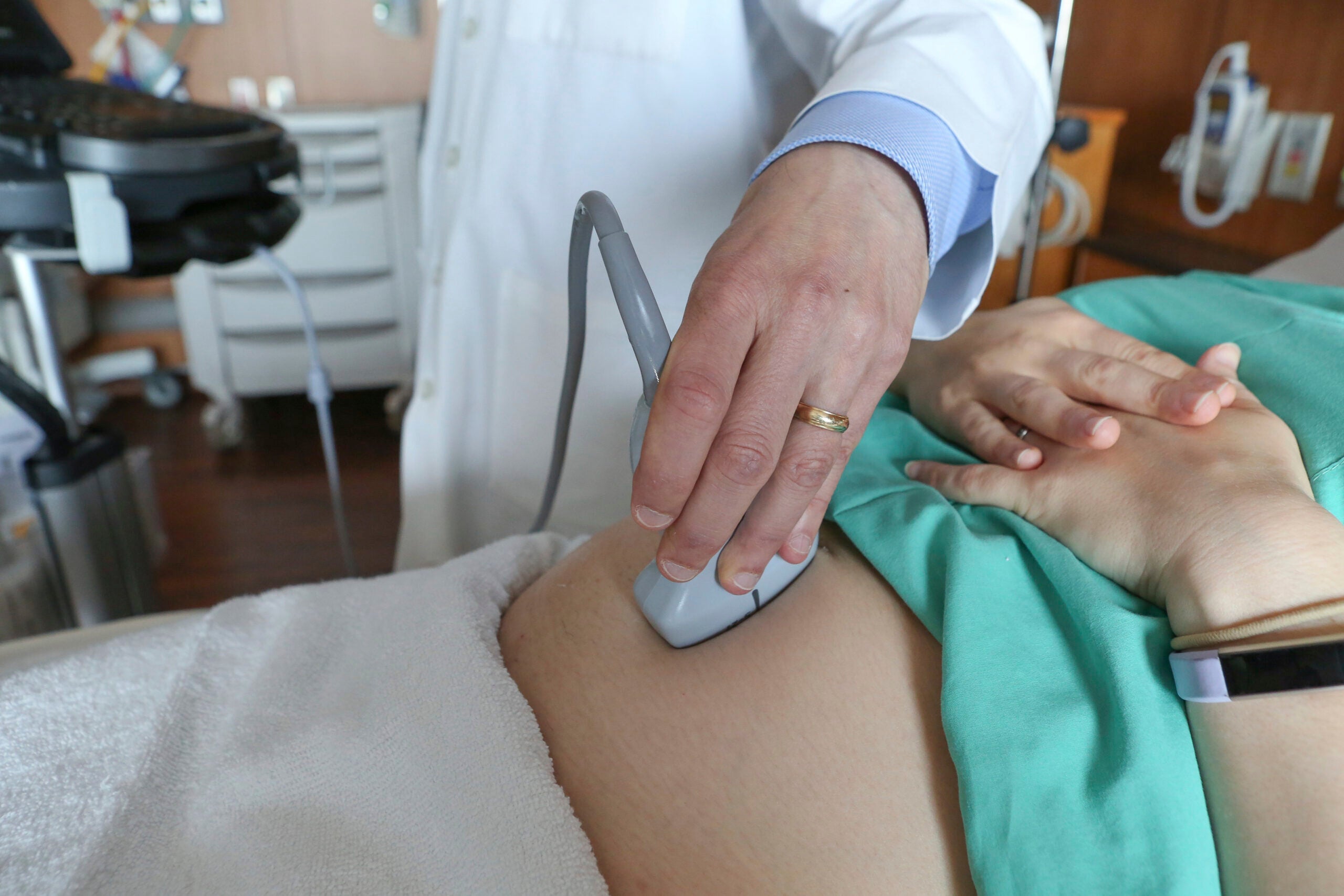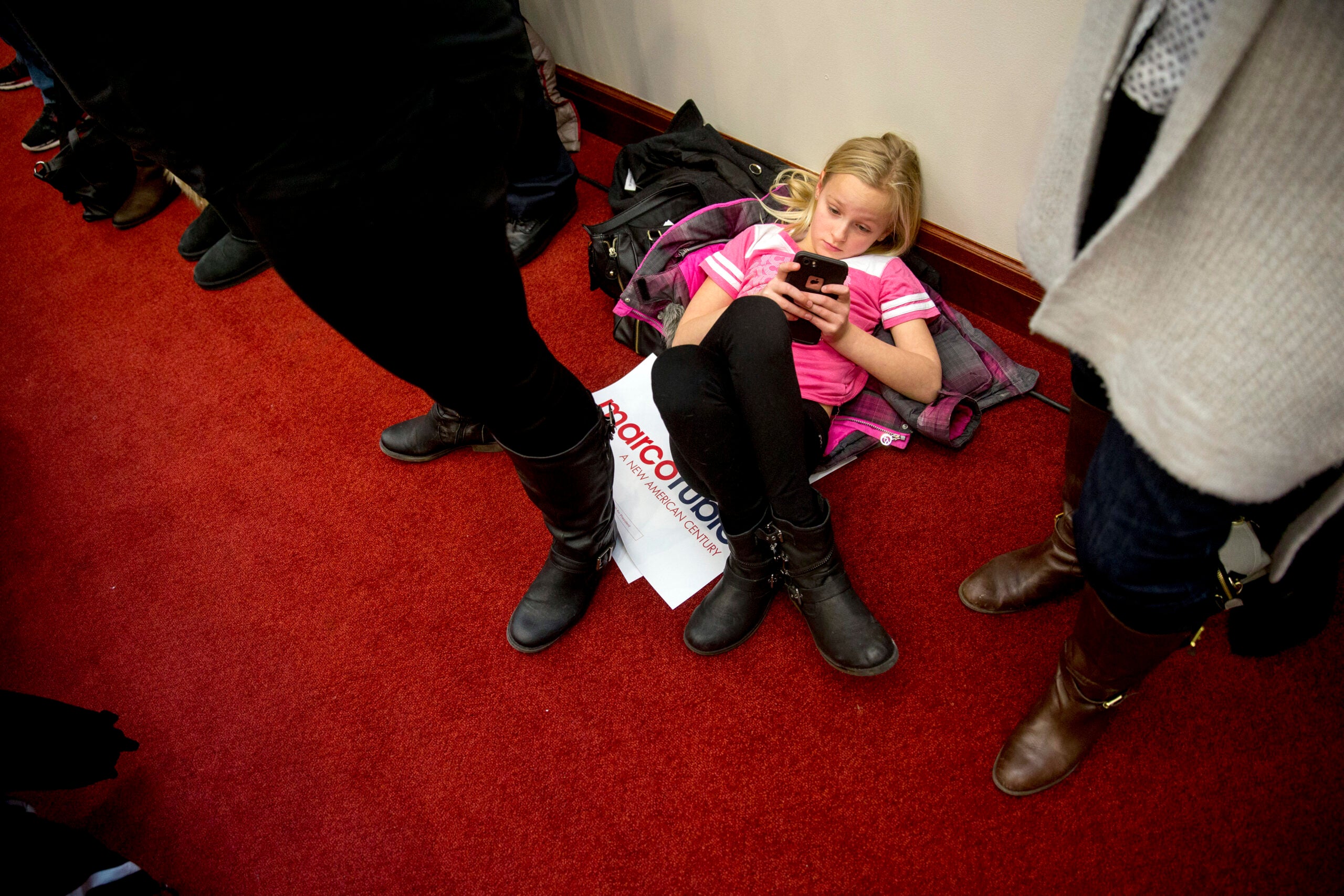Researchers at the University of Wisconsin-Madison found pediatricians helped improve online behavior in teens and young adults with a few minutes of social media counseling during a regular check-ups.
The study, which involved nearly 11,000 patients ages 14 to 25, found that young people whose doctor provided social media counseling were twice as likely to report a decrease in online “friending” of strangers.
Dr. Megan Moreno, professor of pediatrics at the University of Wisconsin School of Medicine and Public Health and the study’s lead author, said the idea for the research came from a growing number of doctors in the American Academy of Pediatrics asking for guidance on how to talk to their young patients about social media.
News with a little more humanity
WPR’s “Wisconsin Today” newsletter keeps you connected to the state you love without feeling overwhelmed. No paywall. No agenda. No corporate filter.
Moreno said the online platforms have been shown to affect young people’s health in both positive and negative ways, including fostering a sense of belonging, impeding sleep and negatively impacting body image.
“That’s what led to the idea of being able to study whether providing this education to pediatricians made a difference for both pediatricians and their patients,” she said.
Over 100 medical practices across the country participated in the study. Doctors who received the social media intervention training were instructed on how to provide three to five minutes of counseling to their patients.
Moreno said providers encouraged youth to balance online and in-person activities, establish boundaries around what information they share online and communicate with their parents or caregivers about their social media use.
The study found teens who received the counseling recalled the information during an interview six months later and were more likely to report having a conversation with the adults in their lives about online behaviors.
Moreno said the improved communication is an especially important outcome.
“I don’t think we ever envision a time that a pediatrician is going to have the time or expertise to really be the driving force to keep kids safe online,” Moreno said. “But I think what this intervention suggests is that having pediatricians show the importance of the topic, and having some brief safety discussions, really gets the conversation where it should be, which is with kids and their parents.”
The study also found pediatricians who received the training reported being more confident in their ability to counsel patients and were more committed to continuing the interventions in the future.
Kris Perry is the executive director of Children and Screens, an organization that promotes research around the impact of technology on kids and provides resources for parents. She said doctors’ interest in improving media literacy is a positive step.
“Pediatricians, healthcare providers, tend to be the kind of messenger that gets through when other caregivers or practitioners might not, at least initially,” Perry said. “Then it shows the parents that just one intervention made a difference. So maybe they’ll pick up the mantle and keep going with that same idea.”
Because doctors’ profession is grounded in science, and they can offer confidentiality to their patients, Perry said it makes them an ideal authority to deliver this kind of messaging to teens.
But she said it will take more than counseling kids on healthy online behaviors to negate the negative effects of excessive screen time. She believes tech companies and regulators need to work to create a safer online experience for kids.
Moreno said her team will next study how social media engagement could be shaping developing brains. She’s recruiting adolescents in Wisconsin for a study that will use brain imaging to assess how different exposures on social media impact the brains kids ages 13 to 15 over a two-year period.
Wisconsin Public Radio, © Copyright 2026, Board of Regents of the University of Wisconsin System and Wisconsin Educational Communications Board.

